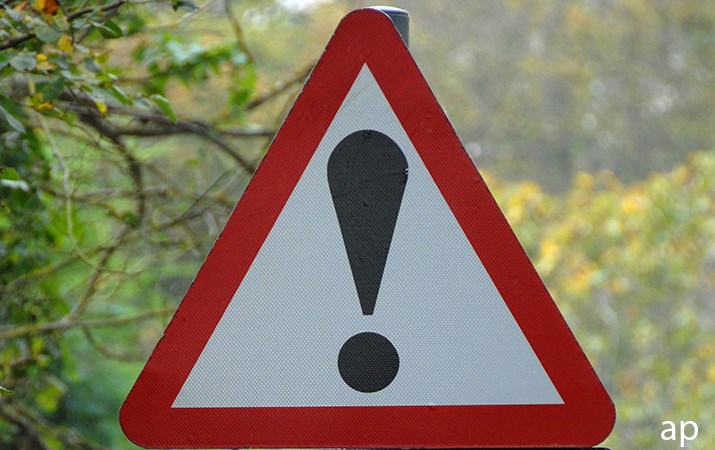
The right amount of risk to take in your portfolio depends on two key variables: your risk capacity as well as your risk tolerance.
Risk capacity is how much risk you can take without needing to change your plan. Young people who are saving for retirement have high risk capacities. People who are about to retire have lower ones, though they still need to take some risk in order to ensure that their money will last.
Risk tolerance relates to how you feel when the market is volatile. It tends to be less important than risk capacity. But if your risk tolerance is so low that there's a chance that you'll throw out your plan when the going gets tough, risk tolerance is important, too.
It's helpful to periodically audit your portfolio to ensure that it matches up with both your risk tolerance and your risk capacity. Here are some key questions to ask yourself:
Am I Hurting My Returns?
Investors often undermine their own results because they fall prey to the greed-fear cycle: they load up on risky investments when they're performing well, then dump them after they've fallen and are potentially due for a comeback. This gets back to risk tolerance; some people are uneasy with volatility, which can lead to poorly timed portfolio changes. If, after honest reflection, you know you've made investment decisions that you've regretted in hindsight, delegating your investment decision-making to a professional advisor may be money well spent. Or investing in multi-asset funds takes some of this decision making out of your hands too.
Do I Have the Right Asset Allocation?
Your portfolio's stock/bond/cash split will have the biggest impact on its risk/reward profile, but many investors don't know where to start when it comes to setting their asset allocations.
If you’re at the retirement stage, your asset allocation depends on how much you are planning to spend. And investors of all ages should consider whether they an “asset-allocation outlier”, ie. someone who doesn’t fit the models neatly.
Hands-off investors may be surprised to find that the contents of their portfolios have shifted since they initially made their allocations, even if they haven't laid a finger on their portfolios. This is especially the case in the current market turmoil.
Do I Have Enough Cash for Emergencies?
For retirees, I typically recommend holding one to two years' worth of living expenses in true cash instruments. The baseline for people still working is three to six months' worth of living expenses in cash, but if you're a contractor, earn a high income, are the sole earner in your household, or work in a more specialised career path (or all of the above), you should target a year's worth of cash as an ongoing cushion.
Once you've got your cash cushion right, also take a look at whether you're earning as much interest on those accounts as you can. This is especially important now that interest rates are at record lows.
Am I Taking Risks with My Equity Holdings?
You can also check up on the complexion of your equity portfolio. Is your stock portfolio listing heavily toward value or growth, small stocks or large? Do you have a lot riding on a single sector? What’s the geographical split of your portfolio?
Are My Bonds Likely to Deliver?
As well as checking the size of your bond position, also take a closer look at the types of bond holdings you own. Higher-risk bond types like emerging markets and high-yield bonds tend to have higher yields than high-quality bonds, but they also exhibit substantially higher volatility and often move in sympathy with the economy and the equity market. That’s definitely been the case in the coronavirus crisis when corporate bonds have been crushed. That means they may not provide the same diversification benefits that high-quality bonds such as gilts do.
Are High Costs Eating Into My Returns?
Overpaying takes a bite out of your returns year after year. Investors seem to be waking up to the importance of low-cost out investments, as evidenced by inflows into tracker funds. Also take a close look at any investment platform fees, as well as fees charged by advisers. Some of these expenses may be unavoidable (and money spent on good advice may be well worth it), but you want to be sure you're receiving good value for your money.
Am I Paying Too Much Tax?
Like investment-related costs, taxes are another source of return "leakage" and in turn another source of risk for your portfolio. A key first step in not paying more investment-related taxes than you need to is to take advantage of all of the tax breaks on offer to savers and investors, like Isas.



























